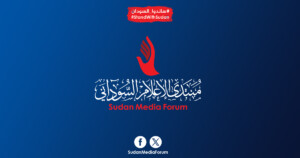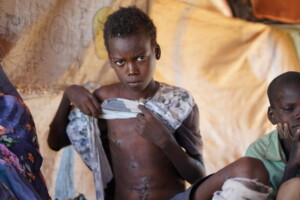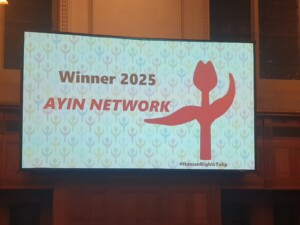‘Sudan’s press clinically dead’: Saleh
Sudan’s First Vice-President, Bakri Hassan Saleh, says that “the Sudanese press is living in a state of clinical death through monitoring and daily follow-up for a year in which no more than 300,000 printed copies of each newspaper were distributed each day”.
Sudan’s First Vice-President, Bakri Hassan Saleh, says that “the Sudanese press is living in a state of clinical death through monitoring and daily follow-up for a year in which no more than 300,000 printed copies of each newspaper were distributed each day”.
Speaking at the annual Ramadan breakfast organised by the General Union of Sudanese Journalists in Khartoum, the first Vice-President expressed sadness at the press decline from its previous position, saying that “it has become unattractive because of professional weaknesses and scandalous mistakes”.
He called on the Union to “save the critical situation before it is too late,” especially in light of the falling readerships.
The Sudanese Journalists Network responded in a statement that the Sudanese press is experiencing the most challenging time in its history under the current regime.
‘War against the press’
“In its fierce war against the press, the regime has used all kinds of weapons and tactics to subdue the press, including confiscation of newspapers, the security ban on writing by journalists, intervention in the press, along with exploiting some of the laws to persecute and intimidate journalists via the parliamentary and judicial measures: to break the steadfastness of the journalists and humiliate them.”
The network described the new draft of the Press Act, which is secretly being prepared by the regime, as “the worst in the modern history of Sudan”.
The network said that it would “not stand idly by regarding about the conspiracy against the press and will always be at the forefront of defending a free and responsible press without the interference of the authority or control of Khartoum, so that it can play its proper role in the country and for society”.
The Journalists association for Human Rights (JAHR) issued a statement about the latest confiscation of copies of Akhir Lahza earlier this week, describing it as a “punitive and disciplinary security measure” against the newspapers for publishing unwanted reports. “It is aimed at inflicting political, economic and moral losses on the newspapers and to force them to exercise self-censorship.”
The NISS imposes severe restrictions on press freedom and publication and dissemination of information, along with pre-publication censorship. Sudan tops the world's list of violators of press freedom, according to Reporters Without Borders.











 and then
and then